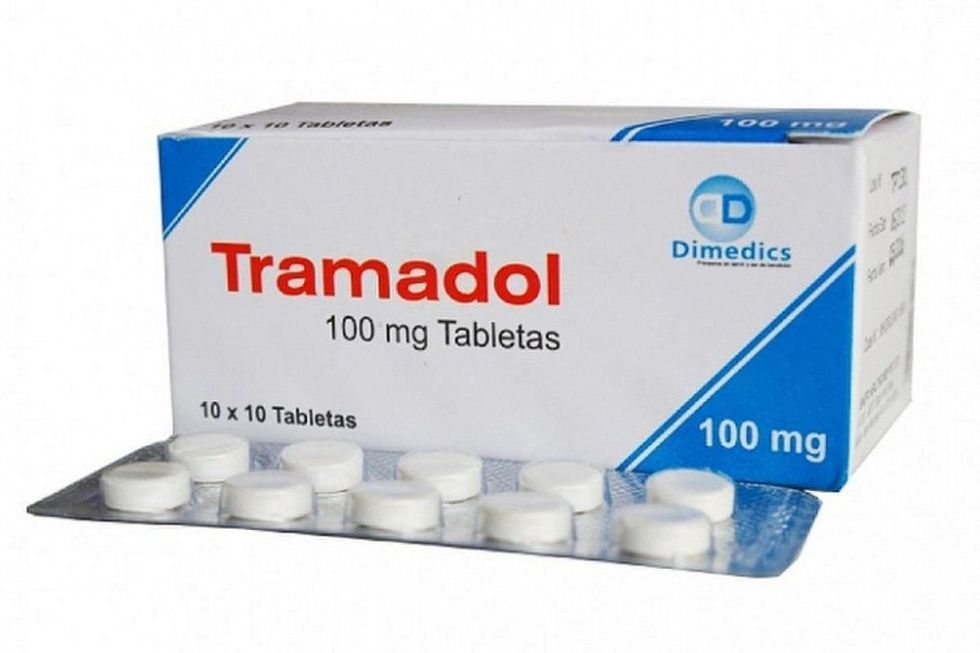One of Britain's most commonly prescribed painkillers barely eases pain while doubling health risks, scientists warn

WATCH NOW: New 'miracle supplement' can boost life expectancy, memory and eyesight
|GBN

Researchers are urging doctors to prescribe tramadol and similar opioids as sparingly as possible
Don't Miss
Most Read
Tramadol, one of Britain's most commonly prescribed painkillers, might not be worth the risk, scientists have warned.
The caution comes on the back of research looking at more than 6,500 people with chronic pain, which found the drug barely touches their discomfort while doubling their chances of serious health problems, particularly heart disease.
The prescription-only medication, sold under names like Maxitram and Zydol, is meant to tackle moderate to severe pain.
But scientists writing in BMJ Evidence-Based Medicine have discovered its effects fall short of what doctors would consider genuinely helpful for patients.
TRENDING
Stories
Videos
Your Say

People taking tramadol face twice the risk of harmful side effects
|GETTY
What's particularly worrying is that people taking tramadol face twice the risk of harmful side effects compared to those on dummy pills.
The research team examined 19 clinical trials to understand how well tramadol actually works for long-term pain.
These studies followed people dealing with different types of chronic pain - from nerve pain and osteoarthritis to persistent back pain and fibromyalgia.
Most patients took tramadol tablets for anywhere between two and 16 weeks. Scientists made a noteworthy discovery when they pooled all the data together.
Yes, tramadol did ease pain somewhat, but the improvement was so small it didn't reach the threshold doctors use to judge whether a treatment genuinely helps patients.
This finding is particularly significant given tramadol's popularity, especially in America, where it's frequently chosen for managing ongoing pain conditions.
The doubled risk of harm comes mainly from heart-related problems. People on tramadol experienced more chest pain, heart disease and congestive heart failure than those taking placebos.
But that's not all - many patients also battled nausea, felt dizzy, struggled with constipation and found themselves unusually drowsy.
These side effects matter because tramadol is an opioid, part of the same drug family that includes morphine.
The NHS warns it's possible to become dependent on tramadol, which is why doctors must carefully plan how patients will eventually stop taking it.
LATEST DEVELOPMENTS

The NHS warns it's possible to become dependent on tramadol
|VINMEC
They also advise against drinking alcohol whilst on the medication, as it can make the drowsiness and dizziness worse.
The researchers paint a stark picture of the global opioid crisis, noting that around 60 million people worldwide struggle with addiction to these drugs.
In 2019 alone, drug use claimed roughly 600,000 lives, with nearly 80 per cent linked to opioids and about a quarter resulting from overdoses.
Given these sobering statistics and their findings about tramadol's limited benefits, the research team believes doctors should prescribe tramadol and similar opioids as sparingly as possible.
Our Standards: The GB News Editorial Charter










